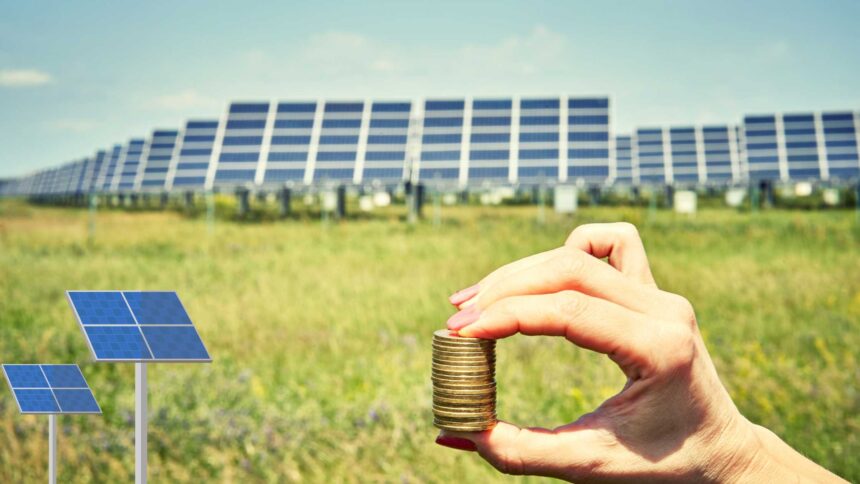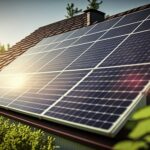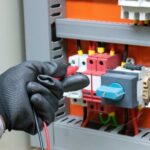Home power-saving ideas
Behavioural Changes
Contents
WhatsApp Group
WhatsApp Channel
- Turn off lights and electronics when not in use: This seems obvious, but it’s easy to leave lights on in empty rooms or forget to turn off electronics completely.
- Unplug chargers and electronics that are not in use: Even in standby mode, electronics continue to draw a small amount of power.
- Wash clothes in cold water: Heating water is a big energy drain.
- Run full loads of laundry and dishes: This will help you get the most out of each wash cycle.
- Air dry clothes whenever possible: Clothes dryers use a lot of energy.
- Adjust your thermostat: In the summer, raise the thermostat a few degrees and wear lighter clothing. In the winter, lower the thermostat and wear warmer clothing.
- Seal air leaks: Drafts around windows and doors can let in hot or cold air, forcing your heating or cooling system to work harder.
- Use natural light: Open curtains and blinds during the day to take advantage of natural light.
Energy-Efficient Appliances

- LED light bulbs: LED bulbs consume up to 90% less energy compared to traditional incandescent bulbs and have a much longer lifespan.
- Energy Star Appliances: When buying new appliances, check for the Energy Star label. Energy Star appliances are independently certified to be more energy-efficient.
- High-efficiency furnace and air conditioner: Newer HVAC systems are much more efficient than older models.
- Solar panels: If you’re looking for a long-term investment, solar panels can help you generate your own electricity and save money on your electric bill.
- Smart power strips: Smart power strips can automatically cut power to devices that are not in use.
Why Power Saving Ideas?
By making a few changes to your habits and investing in energy-efficient appliances, you can save money on your energy bills and help the environment.
There are several compelling reasons to consider power-saving ideas in your home.
Financial Benefits:
- Lower energy bills: This is the most obvious advantage. By using less energy, you’ll pay less to your utility company.
- Increased return on investment: Energy-efficient appliances may have a higher upfront cost, but they can save you money on your energy bills over time.
- Protection against rising energy costs: The cost of energy can fluctuate. By using less energy, you’ll be less impacted by price increases.
Environmental Benefits:

- Reduced greenhouse gas emissions: Power plants that generate electricity often release greenhouse gases into the atmosphere. Using less energy will help lower your carbon footprint.
- Conservation of natural resources: Producing electricity can put a strain on natural resources like coal, oil, and natural gas. Using less energy helps to conserve these resources.
- Reduced water usage: Some power plants use a lot of water for cooling. By using less energy, you’ll also be helping to conserve water.
Additional Benefits:
- Improved comfort: Proper sealing of air leaks can help to maintain a more comfortable temperature in your home.
- Extended appliance life: Using appliances properly and avoiding overloading them can help them last longer.
- Sense of empowerment: Taking control of your energy use can give you a sense of empowerment and help you feel like you’re making a positive difference.
- Even minor adjustments in your energy usage can lead to substantial benefits over time. Incorporating power-saving ideas into your routine is a win-win for your wallet and the environment.
Conclusion:
By implementing these simple home power-saving ideas and considering energy-efficient appliances, you’ll be well on your way to a more sustainable and cost-effective household. Remember, every bit counts! Not only will you see a difference in your monthly energy bills, but you’ll also be contributing to a healthier planet for generations to come.





Very useful content on home power saving and how extra cost can be saved.